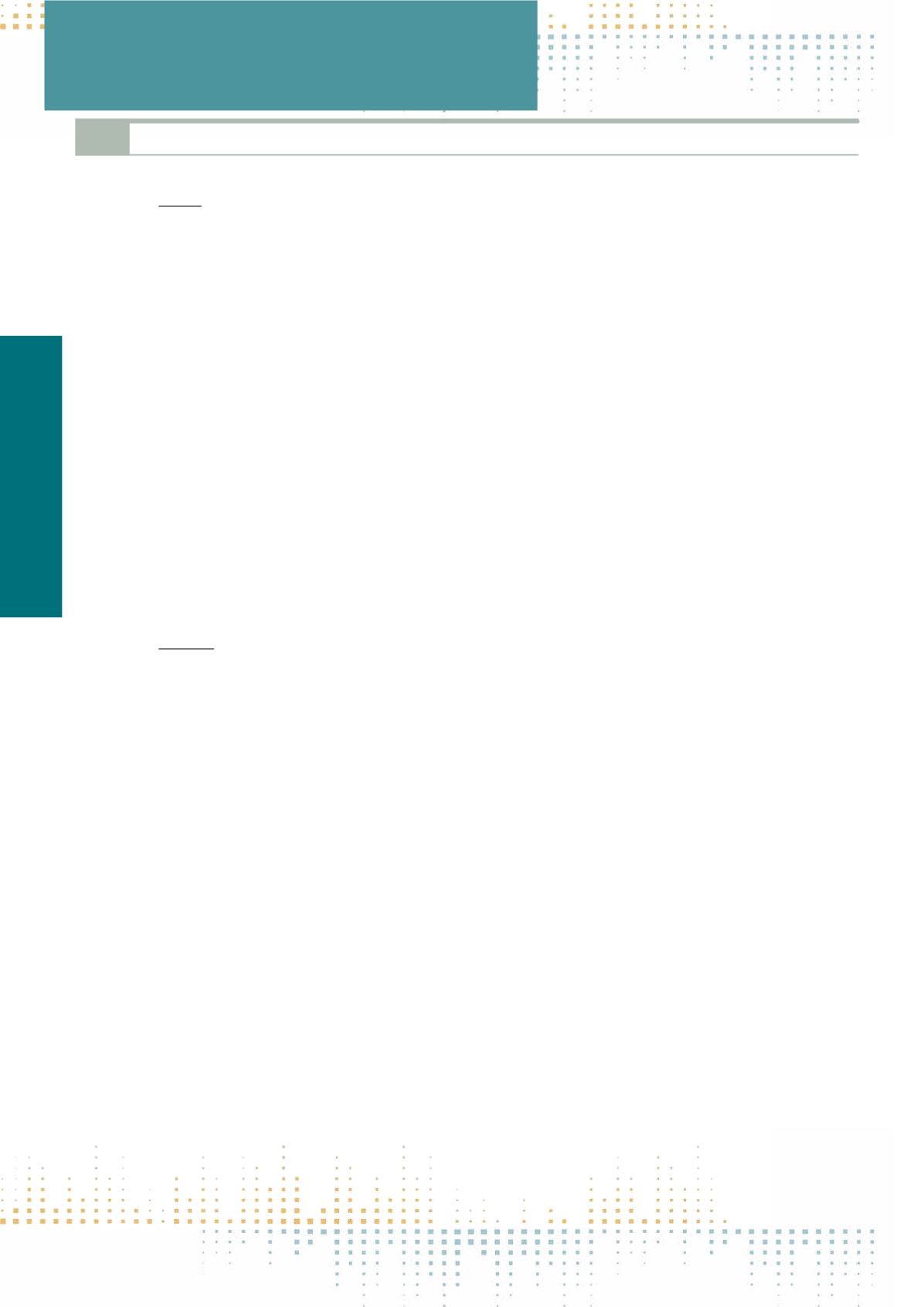

344
Thursday, November 10
0 9 : 0 0 – 1 0 : 3 0
JOS01
(G)Local Journalism
PP 011
News Quality on the Local Level. Investigating Changes in Local Journalism
K. Arnold
1
, A.L. Wagner
1
1
University of Trier, FB II Media Studies, Trier, Germany
The acceleration of social life and political or cultural changes are directly experienced by the individual in his local environment since this is the place where
he lives and works. Local news in audience surveys is usually top-ranked and obviously information about the immediate surroundings is highly relevant.
In the 1970s/80s studies revealed various deficits in local press coverage, e.g., the diversity of topics is limited, there is a lack of background information,
local elites have a strong influence, a critical perspective is usually missing etc. Against this background the aim of this project is to measure the quality
of local news content in print and online media – the two major outlets for local news in Germany. Can the deficits still be found or did local journalism
improve in recent decades? Is a local political discourse organized by the papers? Do the papers attach more importance to their printed editions or do they
work by the principle “online first”? How about user participation? The quality items that are operationalized in this study are based on three theoretical
perspectives: In a system oriented perspective it is assumed that journalism has a vital function for society that emerged in an historical process as the result
of the interplay between journalism and audiences. Journalism selects current, relevant and factual topics in society, edits and returns them as media
content. In doing this it provides a self-observation of society with a broad resonance. To fulfill this function journalism has to regard quality criteria like
diversity, credibility and relevance, it has to be critical, it should offer background information and it should be easy to understand. In a normative-political
perspective journalism is expected to support the democratic process and to offer information that enables the citizens to take rational decisions. Media
laws and other codified texts partly repeat the functional criteria but in addition to this underline principles like impartiality, discursivity and the respect
for the personal rights. In a spatial perspective the local environment is emotionally a place to identify with. In a functional way it is the place where the in‑
dividual lives, works and communicates. In a political dimension the focus is on participation. This results in quality criteria like identification, the usability
of news content or participation. In the first part of this project the content (all articles and photographs that can be found in one week) of a representative
sample of 103 German local printed newspaper editions and their corresponding websites are analyzed. For the sampling procedure we used a complex
random design weighted by circulation of the newspaper editions. Right now the coding process is completed and we are analyzing our data. In autumn
we can present the results of this so far largest content analysis of local news in Germany. Other parts of this project will include interviews with newspaper
editors and content analysis of alternative local news websites. This project is funded by the German Research Fund.
PP 012
Keystone Media Crumbling Down: The Declining Role of Dutch Regional Newspapers in Local Democracy
N. Hietbrink
1
, L. Hermans
1
, Q. Kik
2
1
Windesheim University of Aplied Sciences, Journalism, Zwolle, Netherlands
2
Dutch Journalism Fund, Research, Den Haag, Netherlands
Over the last few years there has been a growing concern in the Dutch media policy debate that the democratic function of traditional local and regional
news media might be deteriorating rapidly. In a large scale research covering all locally and regionally operating media in 2014 a rather alarming report
was presented to the Minister responsible for Media Policy. Local news supply was characterized as limited in quantity and quality against the background
of the important role that media are supposed to play in local community and democracy . This is especially the case in the smaller municipalities (<50,000
people) where some 80% of Dutch citizens live (Landman, Kik, Hermans and Hietbrink, 2015). Researchers were also able to point out that digital news
media, be it traditional media online or so-called online only ‘hyperlocals’, did not seem to provide a significant added value to local media landscapes
(Hietbrink and Hermans, 2015). Regional newspapers, in other countries called (paid for) local newspapers, are still performing as the ‘key-stone’ media
in local media landscapes (Kleis Nielsen, 2015). And notably the regional newspapers in The Netherlands are suffering even more than other types of jour‑
nalistic media. The number of journalists working in regional newspapers has dropped dramatically during the last decade. However, research to pinpoint
the effects of this decay is lacking so far. Against the theoretical background of civic journalism and deliberative democracy the following research question
is addressed: What is the difference in the contribution of Dutch regional newspapers to deliberative democracy between 2004 and 2014? In a large scale
content analysis of all regional newspapers during a constructed week in 2004 and 2014 a total of 3712 articles pertaining 40 municipalities where coded
on subject. All the articles with a link to local policy were coded on genre, number of words and sources used . Findings show that the amount of news has
dropped by 12,5% and that there seemed to be less focus on local policy in 2014 compared to 2004. Furthermore, there was a shift in genres from context to
short news articles, fewer sources were used and among themwere fewer‘active citizens’and a large number of institutional sources. Overall, the watchdog
function is declining and the gap between newspapers and readers seems to broaden. On the other hand, against the background of severe decline in
the journalistic workforce, the decline in quantity and quality of local news can also be characterized as surprisingly small.
Journalism Studies
(JOS01–JOS30)



















